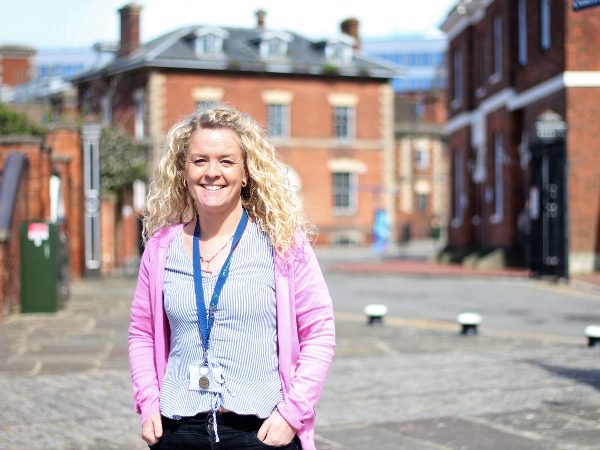
What is mentoring? How does it work? Read more about these and other questions answered.
22 April 2016
What is mentoring?
Mentoring is a one-to-one, non-judgemental relationship where an individual (mentor) gives up their own time to support and encourage young people (mentees) from Gloucestershire
This ongoing support will enable young people aged 16 – 25 to develop pathways into employment, work experience, traineeships and further education.
Why is there a need for a mentoring programme in Gloucestershire?
Over 12% of people aged 16 – 25 are not in employment, education or training (NEET). That is more than 1 in every 10 students at school or at least one player on a football team. There many reasons why a young person may end up as NEET; homelessness, mental health issues, substance abuse, lack of education or simply not knowing what they want to do. The mentoring programme is proven to help in many of these situations providing support to young people whilst they overcome their specific challenges.
What are the benefits?
Young people receive impartial advice and support from mentors with the necessary knowledge and skill sets. Volunteer mentors receive comprehensive training and an opportunity to invest in young people and their future. Mentoring can also benefit the wider community by reducing the reoccurrence of negative behaviour and shifting focus onto employment, education and training.
How much does it cost?
The mentoring programme is currently funded by St James Place, a private donation and the ongoing Mentoring Young Futures appeal.
How does it work?
Young people meet with a trained volunteer mentor usually once a week for up to one hour.
The meetings follow a structured start up procedure and then continue in a more informal way with continued support and advice available from the mentoring team.
Mentors and mentees are expected to feedback from their sessions to the mentoring team.
How do we match young people with a mentor?
Young people are matched with mentors by personality, preference and also by skill set.
Does it work?
In short – YES! We have several examples of how beneficial the programme can be for young people. Such as 75% of young people involved in the programme found work, training or returned to education last year. A striking example is Nick. Nick had been unemployed for 3 years due to ill health and low confidence before he became a part of the mentoring programme. He found his meetings a relaxed environment with an impartial mentor to work towards goals with such as building his CV, how to present himself and finding a work placement which resulted in a full time job. For more information take a look at our Annual Review.
How can you get involved?
You can volunteer your time as a mentor or refer a young person to the program by contacting us by email at hello@youngglos.org.uk or calling us on 01452 501008.
You could also donate to our Mentoring Young Futures appeal here.
You may also like...
Redesigning Graphic House: Creating the safe spaces young people deserve

Meet Jamie – Learning, growing, and giving back through Youth Work

From Probable Mental Illness to Wellness

Young Gloucestershire’s ED and I journey

